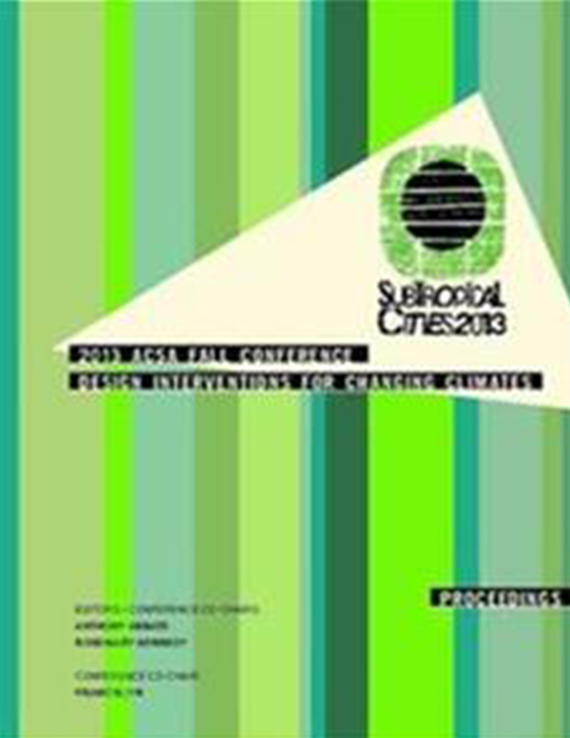Author(s): Pasquale De Paola & William Willoughby
Sustainability as an indexical metanarrative—with scorecards, ratings, and credentials—has finally run to an end. In this narrow view, sustainability standards have produced a static framework that ameliorates construction’s negative impact on natural environments by improving efficiencies in the use of materials, energy, water, and transportation. However, these standards overlook the diverse ecological entanglements that exist throughout a building’s territorial strata. Also, these rating systems tend to overlook the in-between-ness of buildings as they act on and are acted upon by other species, urban contexts, and climactic forces. In the commercial sphere of architectural production, we have relied on incentive-driven, human-centered approaches characterized by tables and checklists that do not offer, nor do they address fully, the interactions between emergent systems. Architectural production in an age of climatic change must arrive at approaches that address adaptive systems and biodiversity.We attempt to reframe the theories that support the inadequacies of today’s sustainability guidelines. This paper explores emerging trends in posthuman theory and Speculative Realism, and considers their potential impact on sustainability as practiced commercially today. We attempt to offer a more fluid framework that avoids the pitfalls of linear systems and human exceptionalism by proposing affectivity, niche-driven diversification, and cohabitation in architecture. We do not address architectures that correlate human agency to the world of things. Instead, we advocate new architectural practices that consider buildings to be just one object in democratic arrangement with other environmental, technical, and biological systems. This democratized conception of nature aligns with what Bruno Latour calls “multinaturalism,” which can lead to plurality and experimentation in approaches to sustainability. Our purpose is to propose a more responsive approach to sustainability in architecture that avoids oversimplification and reduction to checklists. In order to clarify the qualities of this posthuman approach, we critique current approaches to sustainability practiced throughout the industry, unpack the novel operations and qualities of posthumanist theory, and then argue for a new framework where architecture—like a species of animal—blends symbiotically with its immediate ecological and urban contexts. Architects must transform the regimental constraints of the construction industry’s current treatment of ‘nature’ as a singular concern and redefine it as an adaptive, scalable, and emergent collection of ecosystems that deserves greater novelty and openness in formulating tactics toward sustainability.
Volume Editors
Anthony Abbate, Francis Lyn & Rosemary Kennedy
ISBN
978-0-935502-90-9

 Study Architecture
Study Architecture  ProPEL
ProPEL 
